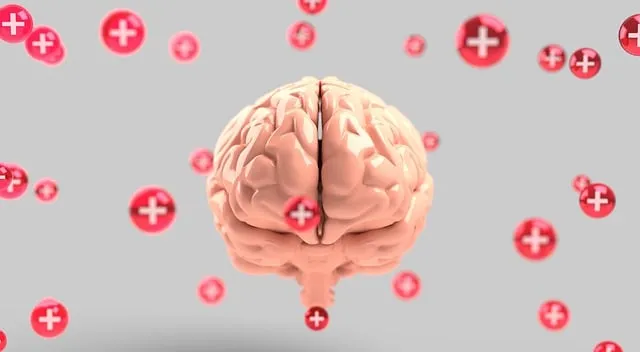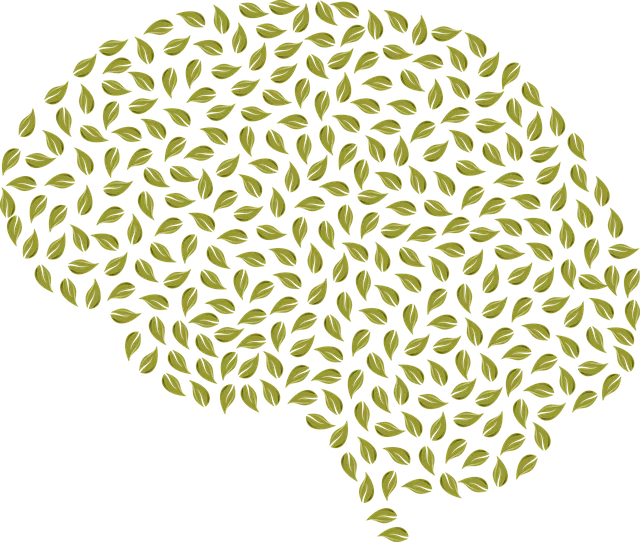Community outreach programs, such as those offered by Kaiser Permanente with its Mental Health Number in Lafayette, are transforming mental healthcare access for diverse communities. These initiatives provide tailored services like mood management and social skills training to improve overall well-being. Success relies on cultural sensitivity, with practices including Mental Wellness Journaling Guidance and mindfulness workshops, encouraging support-seeking and building resilient communities. Evaluations using participant surveys and tracking mental health outcomes demonstrate positive impacts, with holistic practices like Mind Over Matter enhancing self-care and community connections.
Community outreach programs play a vital role in enhancing mental health services, especially in diverse communities. This article explores the implementation of such initiatives, highlighting the success of Kaiser Permanente’s mental health outreach in Lafayette. We’ll delve into strategies and best practices to ensure effective engagement, addressing unique challenges faced by community organizations. By measuring impact, we can understand how these programs improve access to mental health support, ultimately fostering healthier communities. The Kaiser Permanente mental health number Lafayette initiative serves as a compelling example of successful community outreach.
- Understanding Community Outreach: Why Kaiser Permanente Mental Health Number Lafayette Matters
- Implementing Effective Programs: Strategies and Best Practices for Success
- Measuring Impact: Evaluating the Effectiveness of Community Outreach Programs in Mental Health Support
Understanding Community Outreach: Why Kaiser Permanente Mental Health Number Lafayette Matters

Community outreach programs play a pivotal role in addressing mental health concerns within diverse populations. One such initiative, Kaiser Permanente Mental Health Number Lafayette, exemplifies how tailored interventions can make a significant difference. This program recognizes that mental well-being is integral to overall community health and aims to bridge the gap between healthcare services and those who need them most.
By offering services like mood management strategies, social skills training, and inner strength development workshops, Kaiser Permanente Mental Health Number Lafayette empowers individuals to take charge of their mental health. Such initiatives are crucial in breaking down barriers to care, fostering a sense of community support, and ultimately improving the overall resilience and well-being of the target population.
Implementing Effective Programs: Strategies and Best Practices for Success

Implementing effective community outreach programs requires a strategic approach and a deep understanding of the local landscape. Organizations like Kaiser Permanente, with initiatives centered around mental health in areas such as Lafayette, have shown remarkable success by integrating various strategies. One key practice is offering Mental Wellness Journaling Exercise Guidance tailored to diverse communities, ensuring accessibility and cultural sensitivity in mental healthcare practices. This involves collaborating with local leaders and community members to understand their unique needs and preferences.
Additionally, incorporating Anxiety Relief techniques through mindfulness workshops, group discussions, or art therapy sessions can significantly impact individuals’ mental health. These programs should be designed with a focus on inclusion, considering different cultural backgrounds, languages, and abilities. By fostering open dialogue and providing non-judgmental spaces, community outreach initiatives can encourage individuals to seek support for their mental wellness, ultimately leading to more connected and resilient communities.
Measuring Impact: Evaluating the Effectiveness of Community Outreach Programs in Mental Health Support

Measuring the impact of community outreach programs is crucial to evaluating their effectiveness in providing mental health support. Organizations like Kaiser Permanente have recognized this need, especially in areas such as Lafayette, where access to mental healthcare services may be limited. By implementing comprehensive evaluation strategies, these programs can assess their contribution to improving well-being and enhancing resilience within the community.
One approach involves tracking participant engagement and satisfaction through surveys and feedback mechanisms. Additionally, monitoring changes in mental health outcomes over time using standardized assessment tools can provide quantitative data on program effectiveness. Incorporating Mind Over Matter principles and Compassion Cultivation Practices into these initiatives has shown promise in fostering self-care practices and building supportive communities. This holistic evaluation method ensures that programs are not just reaching individuals but also making a tangible difference in people’s lives, promoting overall mental health and well-being.
Community outreach programs, such as those exemplified by Kaiser Permanente’s mental health initiatives in Lafayette, play a pivotal role in enhancing access to healthcare services. By understanding community needs, implementing effective strategies, and measuring impact, organizations like Kaiser Permanente can foster meaningful connections and significantly improve mental health support for underserved populations. The success of these programs underscores the importance of collaborative efforts and data-driven approaches in addressing public health challenges.





